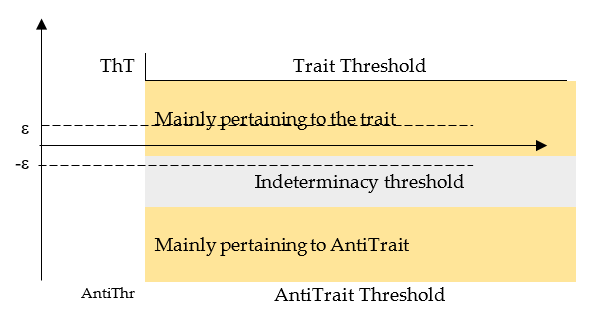Neutrosophic Personality Traits and Ethical Competencies in Palliative Care Professionals
Main Article Content
Abstract
The present study aimed to demonstrate the applicability of neutrosophic logic in investigating the relationship between the personality traits of a group of palliative care professionals and the ethical aspects inherent in their work. Neutrosophic correlation coefficients were employed to identify the most influential personality traits in the ethics of palliative care, as well as the ethical competencies with the greatest impact. The results revealed differences in personality traits, with nurses showing higher sensitivity than doctors, and doctors exhibiting greater kindness. Furthermore, varying degrees of relationships between personality traits and ethical competencies were identified. The neutrality, indeterminacy, and non-truth of the personality traits and competencies analyzed from a neutrosophic perspective allow for a more precise and nuanced evaluation of how palliative care professionals relate to patients and their families. These elements provide a solid foundation for understanding the interaction between ethical aspects and the personality traits of healthcare professionals.
Downloads
Article Details

This work is licensed under a Creative Commons Attribution 4.0 International License.





